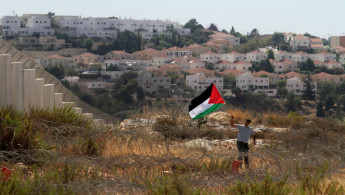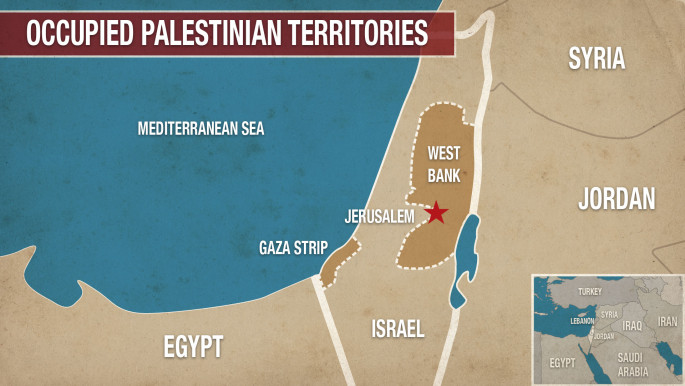UN: Palestinian economy could double without Israeli occupation
The Palestinian economy could easily double, while sky-high unemployment and poverty would plummet if the Israeli occupation were lifted, the United Nations development agency said Tuesday.
In a new report, UNCTAD pointed to a long list of ways the Israeli occupation stifled the economies of the occupied West Bank and Gaza Strip, including the confiscation of Palestinian land, water and other natural resources.
The widespread restrictions on the movement of people and goods, destruction of homes, trees and other assets, and the expansion of Israeli settlements were also damaging, it said.
"Without occupation, the economy of the Occupied Palestinian Territory could produce twice the GDP (gross domestic product) it currently generates," the report said.
The economy of the territories grew 3.5 percent last year after shrinking 0.2 percent in 2014, when it was hard-hit by the devastating Israeli war on Gaza.
Per capita income remains below its pre-2014 level, the report said.
The 2014 Gaza war killed more than 2,200 Palestinians and 73 on the Israeli side while causing economic losses close to three times the size of Gaza's GDP.
With reconstruction hampered by Israel's blockade and by lagging international aid, 91 percent of damaged houses in Gaza have yet to be rebuilt and 75,000 people remain displaced two years on, UNCTAD said.
UNCTAD also pointed to the dire impact Israel's control of the so-called "Area C", which covers 61 percent of the West Bank and 66 percent of its grazing land.
"It is estimated that the occupation of Area C costs the Palestinian economy the equivalent of 35 percent of GDP" ($4.4 billion in 2015), UNCTAD said in a statement.
Gaza's rising infant mortality
In Gaza meanwhile, producers are unable to access half of the cultivable area due to an Israeli-imposed buffer zone blocking access to land alongside the border fence, and 85 percent of fishery resources due to a maritime blockade, it said.
Israel also widely blocks Palestinians from digging water wells, while confiscating 82 percent of Palestinian groundwater, the agency said.
"The Palestinians are left with no choice but to import their own water from Israel to cover 50 percent of their consumption," it said.
All of this combined has "generated permanent crises of unemployment, poverty and food insecurity," UNCTAD said.
Officially, one quarter of the population in the Palestinian territories is unemployed, while the rate in Gaza is 38 percent, but these figures are likely to significantly underestimate the problem, UNCTAD said.
"A shocking indicator of the grim situation in Gaza is the rising infant mortality rate, ... (which) has risen for the first time in 50 years," the report said.
The neonatal mortality rate nearly doubled between 2008 and 2013, from 12 to 20.3 deaths for every 1,000 live births, it said.




